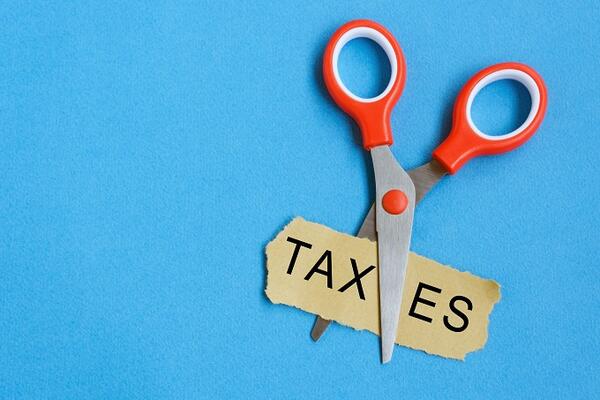
Blog: A variety of policies to support micro and small businesses hit by COVID-19
Government measures are helping small businesses make ends meet, including through trade
Small businesses around the world are facing challenging economic conditions under the COVID-19 pandemic. The shutdown of large parts of the world economy has caused a simultaneous and massive shock to supply (for example, availability of workers or of inputs) and to demand (consumption and investment). Specifically, micro, small and medium-sized enterprises (MSMEs) face:
- Production constraints: isolation or containment of workers limit production.
- Access to finance: MSMEs typically have lower cash reserves and go out of business much faster.
- Supply chain disruptions: MSMEs typically have small inventories. Shortages can impact MSMEs faster and harder than large firms. Sourcing from new suppliers or absorbing price increases is challenging for them.
- Policy uncertainty: rapid changes in policies pose difficulties for MSMEs navigating through the crisis.
As of March, more than 30 countries have introduced policies to support MSMEs. This blog highlights measures that are of direct relevance to MSMEs engaged in trade or investment.
Keep trade open
To the extent possible, trade policies need to maintain stability and transparency. Open markets in a time of crisis deliver a strong boost to business confidence.
Concessional financing
Low-interest and zero-interest loans are the first-line defense in many countries seeking to safeguard the short-term liquidity of MSMEs. Government-backed credit guarantees and government-ordered debt repayment moratoriums are relatively easy to implement, but have the drawback that they increase debt exposure of firms taking advantage of it.
- Trade finance can help cash-strapped small businesses keep their export clients, and is particularly relevant for firms that are exporting to compensate for lower local demand. For example, Turkey’s Export Credit Bank has extended its credit repayment period by two to six months and stretched its re-discount credit terms to two years.
- Export Development Canada recently announced it would offer exporting companies a guarantee on loans of up to CAD$5 million so that they could access cash immediately.
Tax reductions and grants
Governments are reducing corporate tax rates and offering grants to businesses in hard-hit sectors in an effort to help reduce costs and boost the bottom line. Why? Because the prospects of replacing revenues lost to pandemic-induced shocks are in many cases slim and it is unclear how long the crisis will last. To shore up export-dependent firms, many countries are waiving customs fees and providing grants to replace lost export revenues:
- China reduces cargo dues and port facilities fees by 20% between 1 March and 30 June 2020.
- The United Arab Emirates region of Sharjah is exempting all bulk goods from port storage fees for a period of 90 days and is further reducing the truck-parking tariff at ports by 50%.
- Pakistan grants accelerated tax refunds to companies in export industries.
- The Swiss Government offers a programme through which firms can request up to CHF4.5 million to compensate for cancelled trade fairs.
- Australia exempts companies from fees charged for postponing and cancelling tourism and sports events scheduled in 2020.
Employment incentives
Employment incentives refer to measures aiming at maintaining workers on the payroll. The German short-term work allowance is an example of this. Experience in the Great Recession have shown that this works well for dealing with relatively short-term shocks. Subsidizing business sick-pay expenses, expanding health insurance to cover costs for test, treatment and vaccination can help small businesses reduce costs for maintaining employment. These programmes are available to businesses in affected sectors, including those adversely affected by export shocks and are sometimes explicitly targeting export-oriented sectors:
- The Government of Bangladesh has committed to support paying the wages of employees in export-oriented industries.
Technical assistance and regulatory measures
Certain interventions deployed during the pandemic target specific groups of firms or certain activities. Numerous examples exist that directly target trade-related activities:
- Altered trade facilitation procedures facilitate issuing international commercial documents in a timely manner. For instance, Indonesia has introduced accelerated customs procedures for reputable traders and authorized economic operators.
- Expedited regulatory processes increase production of and access to essential medical supplies.
- Legal assistance, for example issuing force majeure certificates and legal advisory services, can be particularly relevant for trading MSMEs as they might increasingly face business disputes.
Getting it right
As public-sector actors weigh the pros and cons of different measures, it is important that policies are well coordinated among the relevant government bodies and business support institutions to provide effective, timely and operational support to MSMEs. Equally important is easily accessible information on the relevant programmes. Getting these right matters, as it may determine how deep or how long the slowdown of economic activity will actually be.



